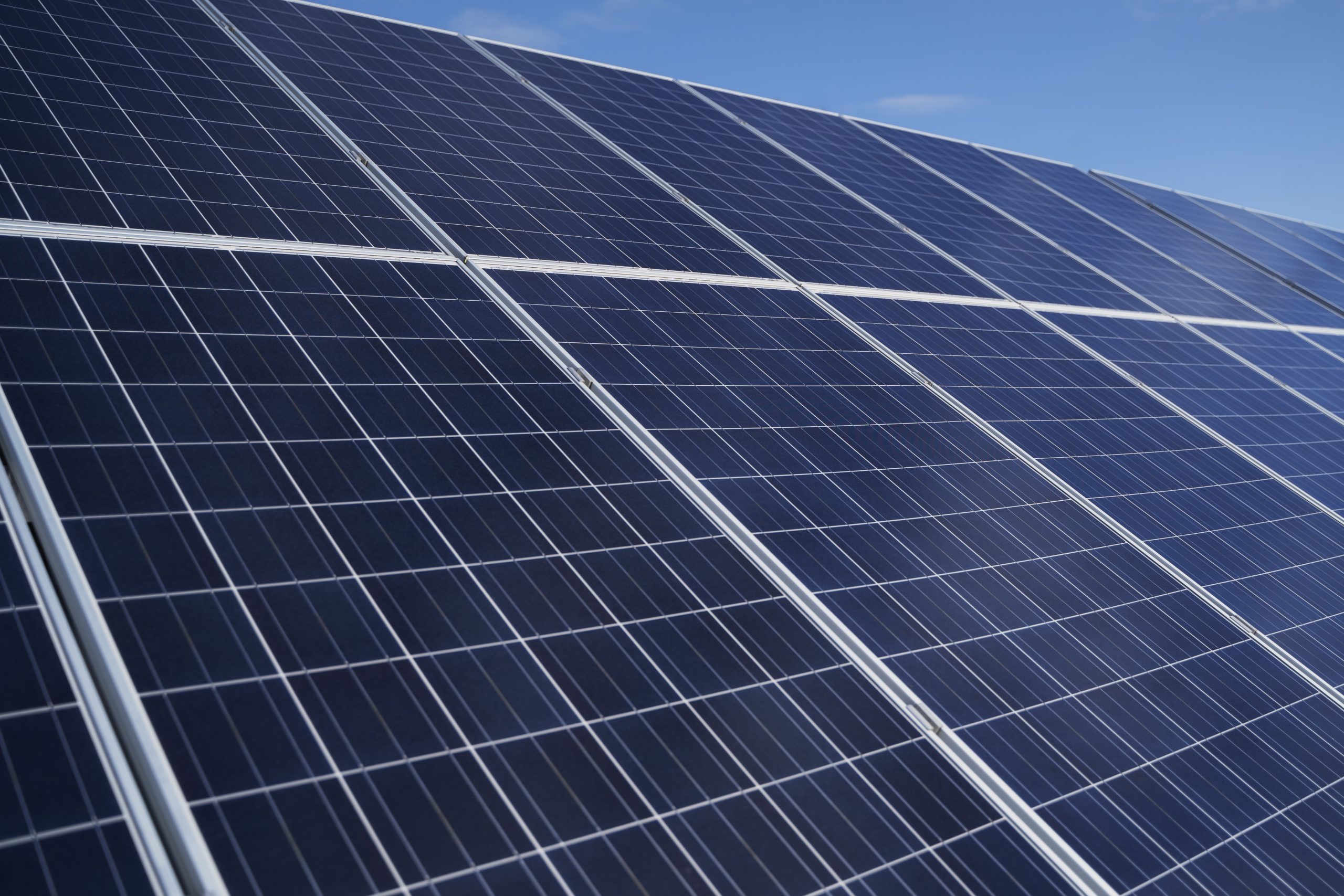
Solar Energy Myths and Facts
- FazipaySolar
- September 6, 2023
- No Comment
- 109
Solar energy has grown in popularity in recent years as people become more aware of its environmental and economic benefits. However, amid the hype, a lot of misconceptions about solar energy persist. In this blog post, we’ll discuss solar myths and facts, putting light on the truth behind several common solar energy myths.
SOLAR ENERGY MYTHS AND FACTS
Myth 1: Solar Panels are Inefficient on Cloudy Days
Fact: While direct sunlight does enhance solar panel efficiency, modern solar technology is designed to harness diffused sunlight on cloudy days too. Solar panels can still generate electricity even in overcast conditions, albeit at a slightly reduced rate. Advances in solar panel technology have made them more adaptable to various lighting conditions, ensuring a steady energy supply regardless of the weather.
Myth 2: Solar Panels Don’t Work in Cold Climates
Fact: Solar panels rely on sunlight, not heat, to generate electricity. In fact, solar panels can perform even better in colder climates due to their operating temperature sensitivity. The snow can also act as a reflective surface, increasing the sunlight exposure to the panels. Many countries with cold climates, such as Germany and Canada, have successfully integrated solar energy into their energy mix.
Myth 3: Solar Energy is Too Expensive
Fact: The cost of solar energy installation has significantly decreased over the past decade, making it more affordable for homeowners and businesses. Incentives like tax credits and rebates further reduce the upfront costs. Additionally, the long-term savings on electricity bills and the potential to sell excess energy back to the grid make solar energy a cost-effective investment in the long run.
Myth 4: Solar Panels Require High Maintenance
Fact: Solar panels are remarkably low-maintenance. They have no moving parts and are designed to withstand various weather conditions. Regular cleaning to remove dirt and debris is usually sufficient to maintain their efficiency. Moreover, many solar panel manufacturers offer warranties that span 20 to 25 years, assuring their durability and performance.
Myth 5: Solar Energy is Only for Residential Use
Fact: While solar energy is widely adopted by homeowners, its applications extend far beyond residential settings. Commercial buildings, industries, and even utility-scale solar farms contribute significantly to the solar energy landscape. Businesses can benefit from reduced energy costs and a positive environmental image by embracing solar energy solutions.
Myth 6: Solar Energy Can Fully Replace Traditional Energy Sources Overnight
Fact: While solar energy is a vital part of transitioning to a more sustainable energy future, it’s important to recognize that it’s not an immediate replacement for all traditional energy sources. Solar energy production is variable and depends on factors like sunlight availability. A balanced energy mix, including solar, wind, hydro, and storage solutions, is necessary to ensure a stable and reliable energy supply.
By busting these myths, we’ve gotten a better grasp of solar energy’s real potential. As technology advances and new technologies develop, solar energy will surely play an increasingly important role in our journey towards a greener, more sustainable future. Whether on dark days or in cold climates, solar power is a dependable and cost-effective source of renewable energy.

